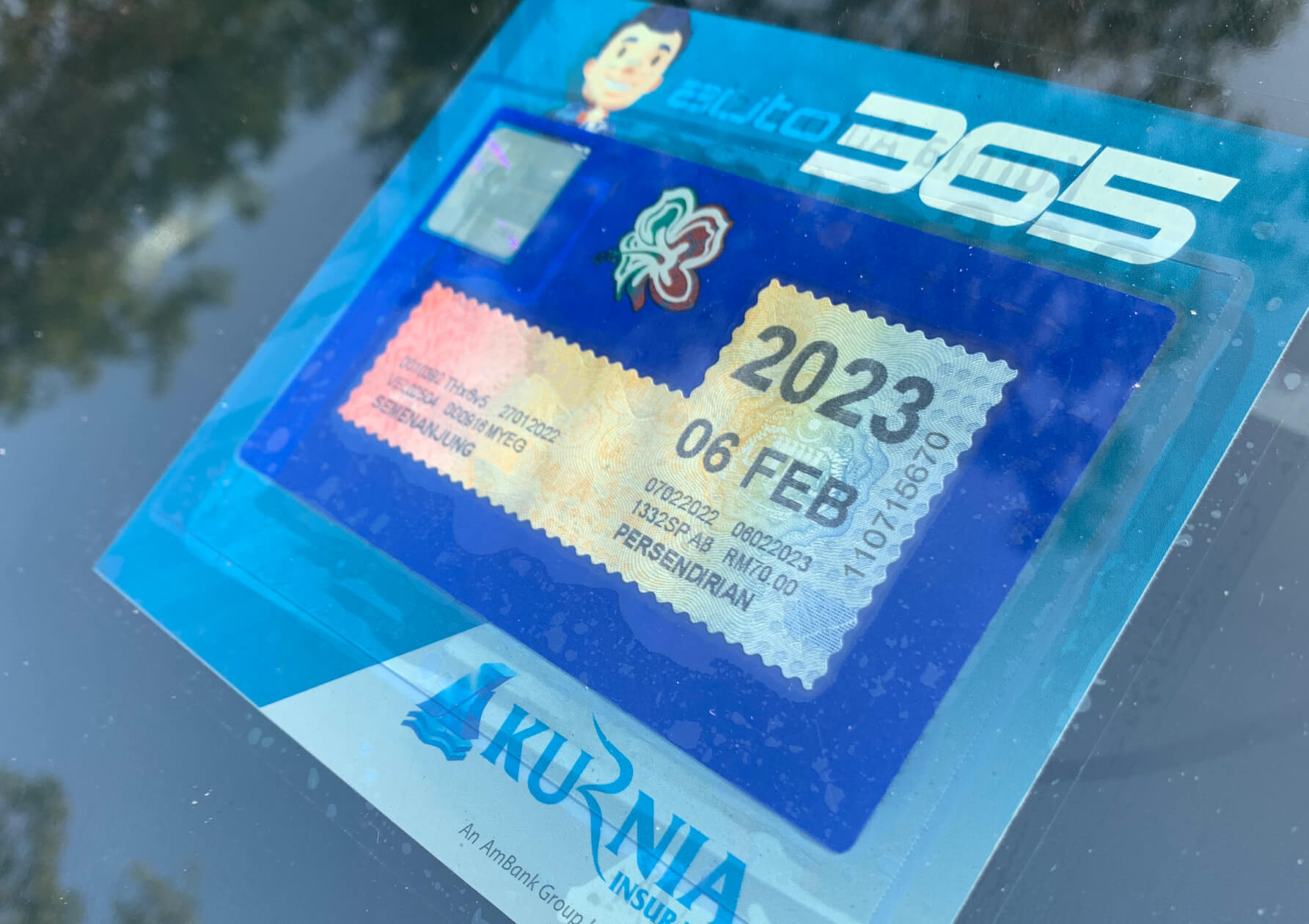How Do I Sue The Police For Violating Civil Rights Addressing Police Misconduct Laws Enforced by the Department of Justice In the United States, the majority of law enforcement officers diligently carry out their challenging duties while respecting their communities and adhering to the law. Nonetheless, there are instances when this isn’t the case. This document elucidates the laws enforced by the United States Department of Justice (DOJ) aimed at addressing police misconduct and provides guidance on how to file a complaint with the DOJ if you believe your rights have been violated.
Federal Laws on Police Misconduct
Federal laws that pertain to police misconduct encompass both criminal and civil statutes. These laws apply to State, county, and local officers, including those working within correctional facilities, and extend to Federal law enforcement officers. They protect all individuals in the United States, irrespective of citizenship status.
In DOJ investigations, whether criminal or civil, the person whose rights have been purportedly violated is referred to as a victim and often plays a crucial role as a witness. While DOJ informs victims of investigation outcomes, it’s important to note that DOJ doesn’t act as the victim’s attorney and cannot provide legal counsel as a private attorney would.
Coordination of Enforcement Efforts Various offices within the DOJ responsible for enforcing the laws detailed in this document collaborate in their investigative and enforcement efforts. Complaints received by one office may be referred to another if necessary to address the allegations. Additionally, multiple offices may investigate the same complaint if it involves issues covered by more than one statute.
Distinguishing Criminal and Civil Cases Criminal and civil laws are distinct. They are usually investigated and handled separately, even when related to the same incident. In a criminal case, the DOJ brings charges against the accused person, aiming to prove guilt “beyond a reasonable doubt.” In contrast, civil cases involve litigation or administrative investigations against governmental authorities or law enforcement agencies, and the evidence need only satisfy the lower standard of a “preponderance of the evidence.” Criminal cases seek punishment for past misconduct, while civil cases aim to correct policies and practices that fostered misconduct and may provide relief for victims.
Federal Criminal Enforcement Federal criminal law makes it a crime for one or more persons, acting under the color of law, to willfully deprive another person of rights protected by the Constitution or U.S. laws (18 U.S.C. §§ 241, 242). “Under color of law” means the person is using power granted by a governmental agency, even if exceeding their rightful authority. These laws encompass misconduct like excessive force, sexual assault, false arrests, theft, and fabrication of evidence leading to a loss of liberty. No discriminatory motive is required for enforcement.
Federal Civil Enforcement – “Police Misconduct Provision”
This law prohibits State and local law enforcement officers from engaging in a pattern or practice of conduct that violates individuals’ Constitutional or legal rights (34 U.S.C. § 12601). Covered conduct includes excessive force, discriminatory harassment, false arrests, coercive sexual conduct, and unlawful stops, searches, or arrests. Misconduct must constitute a “pattern or practice” and may not be isolated. Discrimination need not be proven. Remedies under this law provide injunctive relief, not individual monetary compensation.
Title VI of the Civil Rights Act of 1964 and the “OJP Program Statute”
These laws prohibit discrimination by State and local law enforcement agencies receiving DOJ financial assistance (42 U.S.C. § 2000d, et seq. and 34 U.S.C. § 10228). They cover discriminatory misconduct, such as harassment, discriminatory arrests, traffic stops, coercive sexual conduct, retaliation for complaints or participation in investigations, discriminatory use of force, and refusal to address complaints of discriminatory treatment. Remedies include policy changes and individual relief. Individuals have a private right of action under certain circumstances.
Read More : How Much Does It Cost To Sue Someone
Title II of the Americans with Disabilities Act of 1990 and Section 504 of the Rehabilitation Act of 1973
These laws prohibit discrimination on the basis of disability (42 U.S.C. § 12131, et seq. and 29 U.S.C. § 794). They protect all individuals with disabilities, and discrimination includes misconduct in various law enforcement activities. Remedies may include individual relief, policy changes, and private lawsuits without the need to exhaust administrative remedies.
Read More : How Long After A Car Accident Can You Sue
Filing a Complaint with DOJ
- Criminal Enforcement: To report criminal violations, contact the Federal Bureau of Investigation (FBI) or your local United States Attorney’s Office (USAO). The FBI investigates allegations of criminal deprivations of civil rights.
- Civil Enforcement: For civil violations, including the Police Misconduct Provision, Title VI, and the OJP Program Statute, contact the DOJ at civilrights.justice.gov.
- Federal Law Enforcement Officer Misconduct: If you believe a Federal law enforcement officer, such as FBI, ICE, ATF, DEA, Marshals Service, or Border Patrol, committed criminal misconduct, follow the procedures for criminal complaints. For civil misconduct, visit civilrights.justice.gov.
This document is intended for informational purposes and is not legally binding or final agency action. It does not establish enforceable rights or responsibilities beyond statutory requirements. For more information, refer to “Memorandum for All Components: Prohibition of Improper Guidance Documents” by Attorney General Jefferson B. Sessions III, dated November 16, 2017.




:max_bytes(150000):strip_icc()/female-attorney-talking-in-legal-trial-courtroom-713774487-5af8794ca18d9e003cffeaa9.jpg)

More Stories
Navigating the Malaysian Odyssey: Unveiling the Essence of Travel Insurance
Navigating Security: Unveiling the Layers of Travel Insurance in Malaysia
Demystifying Road Tax in Malaysia: A Comprehensive Guide